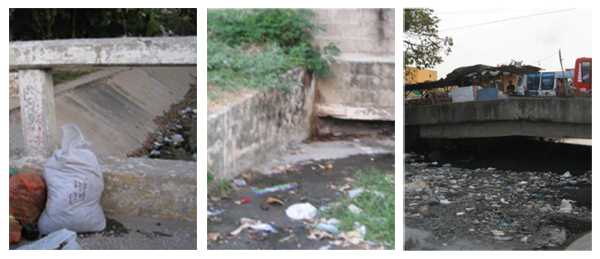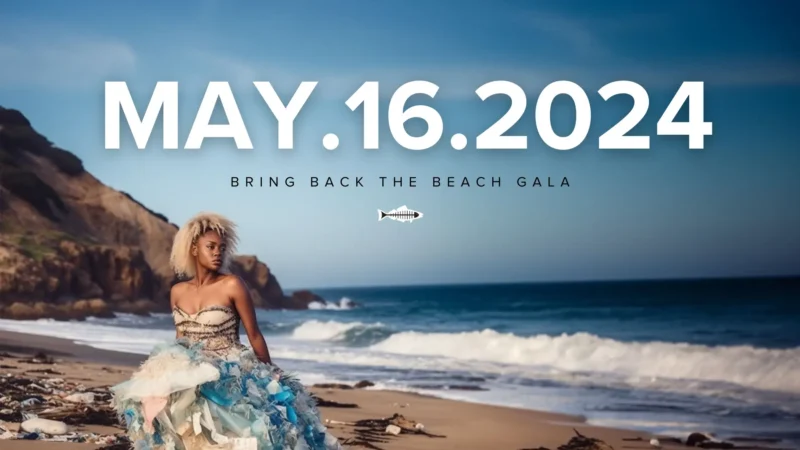Ms. James Goes to Washington
Today’s guest blogger is Kirsten James, Heal the Bay’s water quality director.
Last week I had the unique opportunity to look beyond Santa Monica Bay, California and the nation and learn about water resource issues in Latin America. Focusing outside Heal the Bay’s traditional geographic reach provided great perspective on water quality challenges and solutions around the world.
I was invited to participate in a World Bank workshop held in Washington, D.C., focusing on litter management strategies and their application to integrated urban watershed management and drainage and flood protection investments. The World Bank hoped to draw upon the experiences of NGOs such as Heal the Bay and municipalities in dealing with litter management to inform future projects and investments in Latin America and the Caribbean. Specifically, the Bank wanted to learn from case studies on litter management in Long Beach and Washington, D.C.
During the first session, City of Long Beach Vice-Mayor Suja Lowenthal and I shared litter management strategies that have worked in Los Angeles County’s second-largest city. We shared the successes associated with the trash Total Maximum Daily Load or “TMDL” pollution limits, Low Impact Development (LID) ordinance, the single-use plastic bag ban, and educational programs among other strategies and policies. We then heard from Washington, D.C. staff and a local NGO dealing with similar issues on the opposite coast.
It was comforting to hear that they are using many of the same strategies and having successes (and challenges such as opposition from the plastics industry). The take-away for me was that we need to look beyond California more frequently to exchange lessons-learned on water resources issues.

The next sessions were the most eye-opening. We heard from stakeholders in Barranquilla, Colombia and Buenos Aires, Argentina (via video conference and a translator) on the challenges they are facing with litter management. For these communities, trash abatement is much more than protecting marine life, improving aesthetics at the beach and reducing urban blight. For them it is about public health and safety, first and foremost. For example, the streets in Barranquilla are the drainage system and often act as the city’s trash dump! Before rain, residents often dump trash in these low lying areas so the water will “dispose” of the trash out to sea. The current solid waste collection system is inadequate. During every rain event, the city comes to a stop; all residents must clear the streets and low-lying areas for their own safety. The massive amounts of litter (mostly plastic) exacerbate flooding. Each year there are mortalities due to the extreme flooding.
With the help of World Bank investment, Barranquilla plans to construct an appropriate drainage infrastructure system, and at the same time explore other litter management strategies such as those that were discussed in the context of Long Beach and D.C. The World Bank currently has 28 lending- and grant-based projects in eight countries in Latin America and the Caribbean. This means that the World Bank has many opportunities to share the lessons-learned from the workshop to inform future litter management strategies. It is exciting that Heal the Bay’s local work in California is helping to inform policy in other parts of the world. Although developing nations have many more constraints to deal with than we do in the United States, we can all learn from one another.



